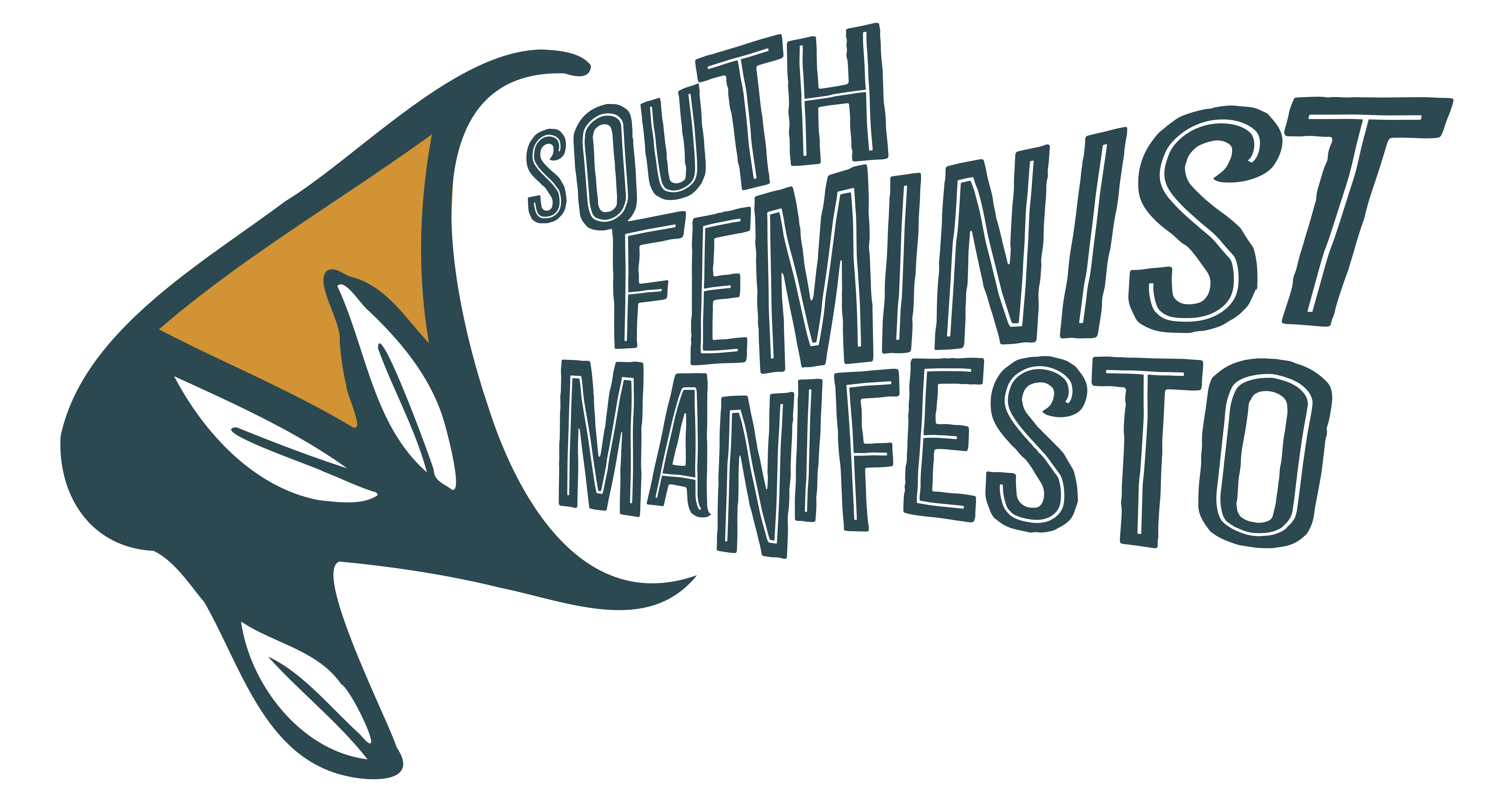Reading List: Feminist Manifestos
This curated collection features key manifestos, declarations, and statements that inform Global South feminist thought and action.
- Charter of Feminist Principles for African Feminists (2006): A set of principles developed by African feminists to guide their activism and advocacy, focusing on issues specific to African women.
- The Combahee River Collective Statement (1977): A foundational document of Black feminist thought, addressing the intersection of race, gender, class, and sexuality in the struggle for liberation.
- South Asian Feminist Declaration (2019): A declaration addressing feminist issues specific to the South Asian region, focusing on social, political, and economic rights.
- Feminism for the 99%: A Manifesto (2019): Written by Cinzia Arruzza, Tithi Bhattacharya, and Nancy Fraser, this manifesto calls for a feminism that addresses the needs of the majority of women, focusing on economic and social justice.
- The Labour and Social Justice Charter of Feminist Demands from the Global South (2023): A charter outlining feminist demands related to labor rights and social justice from the perspective of the Global South.
- PSI’s Care Manifesto (2021): Public Services International (PSI) focuses on the importance of care work and the need for better policies and support for care workers.
- AWID’s Manifesto on Care Economies and Domestic Workers (2023): The Association for Women’s Rights in Development (AWID) advocates for the recognition and valuation of care work, particularly for domestic workers.
- Declaration of Feminist Digital Justice (2023): This declaration addresses the intersection of feminism and digital rights, advocating for justice and equality in the digital sphere.
- Womanifesto and Women’s Charter for the 16th Lok Sabha elections, India (2014): A charter outlining demands and priorities for women’s rights and representation in Indian politics during the 2014 elections.
- The Care Manifesto: The Politics of Interdependence (2020): This manifesto, authored by a collective of scholars and activists, emphasizes the importance of care and interdependence in society and politics.
- Dalit Women’s Charter (2007): A charter focusing on the rights and empowerment of Dalit women in India, addressing issues of caste-based discrimination and gender inequality.
- Feminist Approaches to Counter Trafficking: A Manifesto (2019): This manifesto outlines feminist strategies to combat human trafficking, emphasizing the rights and agency of trafficked persons.
- Barbados Labour College’s Politics for Social and Environmental Justice and Equality in the Caribbean (2021): A manifesto advocating for social and environmental justice in the Caribbean, with a focus on labor rights and equality.
- Caribbean Feminist Statement Against Israel’s Settler Colonial Project and Ongoing Genocide in Palestine (2024): A statement by Caribbean feminists condemning Israel’s policies towards Palestine and advocating for Palestinian rights.
- IT for Change’s Charter of Feminist Demands from the Global South (2022): A charter outlining feminist demands related to technology and digital rights from the perspective of the Global South.
- Kari-Oca II Declaration: Indigenous Peoples Global Conference on Rio+20 and Mother Earth (2012): A declaration by indigenous peoples addressing environmental and social justice issues, particularly in the context of the Rio+20 conference.
- The Consensus Statement on Sex Work, Human Rights, and the Law (2013) by the Global Network of Sex Work Projects (NSWP): A statement advocating for the rights of sex workers and the decriminalization of sex work, emphasizing human rights and legal protections.
- Making Peace with the Earth – Through Diversity, Mutuality, Non-Violence & Care – An Ecofeminist Manifesto (2023) by Diverse Women for Diversity : An ecofeminist manifesto advocating for environmental sustainability and social justice through principles of diversity, mutuality, non-violence, and care.
- Feminist Encounter for Latin America, Lima: A Political Manifesto for the Emancipation of Our Bodies (2014): A Political Manifesto for the Emancipation of Our Bodies (2014): A manifesto from a feminist gathering in Lima, focusing on the emancipation of women’s bodies and addressing various forms of oppression.
- Yogyakarta Principles (2007): A set of principles on the application of international human rights law in relation to sexual orientation and gender identity, aiming to address discrimination and promote equality.
Subscribe to our mailing list to stay updated on the project!

